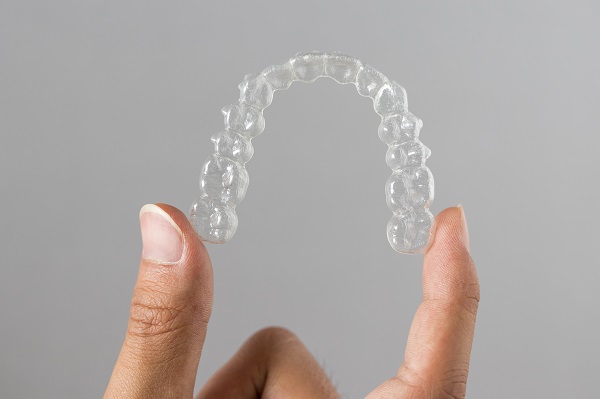How Do I Know if I Need a Tooth Extraction?

Though adult teeth were meant to last a lifetime, there may come a time when a dentist recommends tooth extraction. If this happens, the dental professional likely has a good reason for making the recommendation, such as the patient's prolonged health. However, despite the fact that dental professionals are unlikely to make such a recommendation unless it is absolutely necessary, some patients may argue that there must be a better way. Before you argue with your dentist, consider the possibility that extraction really is the best option.
When tooth extraction is the best course of action
In an ideal scenario, a dentist does everything possible to save a tooth. However, there are certain situations in which saving the tooth is not a viable option.
There is a risk of infection
A dentist may recommend tooth extraction if a tooth is so decayed due to periodontal disease that there is a very real risk the bacteria from the disease will invade the tooth's pulp and cause an infection. Infection can lead to the spread of decay and possibly whole-body health issues.
Infection is also more likely to occur if a patient's immune system is compromised. For instance, individuals undergoing chemotherapy who have tooth decay are at greater risk for developing an infection.
An infection already exists
If an infection already exists, a dentist may attempt to combat it with a root canal or antibiotics. However, if the infection is so severe that these attempts fail, the dental professional may have no choice but to resort to extraction to prevent the bacteria from spreading to surrounding teeth.
The mouth is overcrowded
Sometimes a dentist will recommend tooth extraction not because a health issue exists but simply for cosmetic reasons. The goal of orthodontia is to align a patient's smile. This may not be possible if a patient's teeth are too big for the mouth. To make room, the orthodontist may refer the patient to a specialist for extraction.
It is also not uncommon for a dentist to recognize that overcrowding is likely upon the eruption of wisdom teeth. In these instances, a dentist might recommend removing the root before it has the chance to develop into a tooth.
A tooth is impacted
Most people do not have enough room in their mouths for the final set of teeth — the wisdom teeth. If a person does not have the root removed before these teeth begin to erupt, they are at risk of becoming impacted, which occurs when the gums do not allow a tooth to fully erupt. An impacted tooth is not only painful but can also cause infection which, again, can lead to additional oral and whole-body health issues. To prevent complications, a dentist may recommend tooth extraction upon the discovery of impacted teeth.
Conclusion
Most dentists do not come to the decision to extract teeth lightly. Oftentimes, extraction is the only course of action that can prevent further issues and preserve the health of a patient's remaining teeth.
Are you considering tooth extraction in the Tucson area? Get more information at https://jorgealvarezdds.com.
Check out what others are saying about our services on Yelp: Read our Yelp reviews.
Recent Posts
Considering invisible braces? Clear aligners provide a subtler way to straighten teeth without compromising the appearance of one's smile. Metal brackets were once the standard when it came to dealing with misaligned teeth, but an increasing number of people are saying "No" to having a mouth full of metal brackets and wires while straightening their…
Patients today have a variety of teeth straightening options to choose from. Adults can benefit from a range of treatments that can fit their lifestyle. It is never too late to achieve the smile you want with discreet adult teeth straightening options. Read on to learn more about the various options.There are different types of…
Cosmetic dentistry offers a way for patients with a gummy smile to achieve a more attractive smile that they can be proud of. One of the most frequently recommended treatment options for a gummy smile is crown lengthening. Understanding the benefits of treatment and who is an ideal candidate can help you decide if it…
If you have partial dentures, you still have natural teeth on your jaw that require care. Proper oral hygiene is not just for your natural teeth, but also for the partials, since proper care can keep them clean, stain-free, looking good and lasting longer. A properly maintained partial will function adequately, which means eating your…


